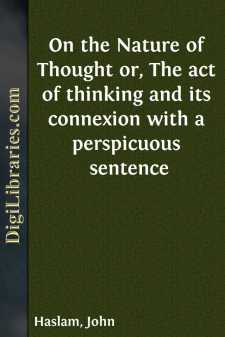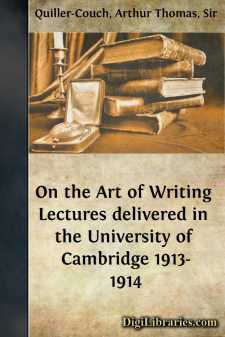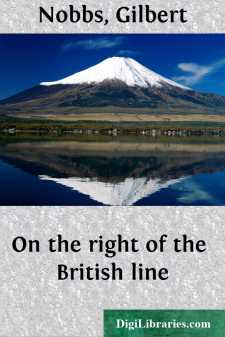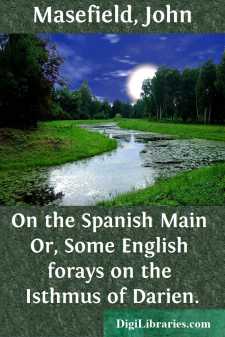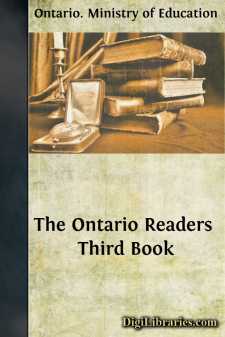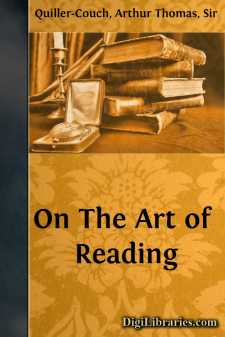Categories
- Antiques & Collectibles 13
- Architecture 36
- Art 48
- Bibles 22
- Biography & Autobiography 813
- Body, Mind & Spirit 142
- Business & Economics 28
- Children's Books 13
- Children's Fiction 10
- Computers 4
- Cooking 94
- Crafts & Hobbies 4
- Drama 346
- Education 46
- Family & Relationships 57
- Fiction 11828
- Games 19
- Gardening 17
- Health & Fitness 34
- History 1377
- House & Home 1
- Humor 147
- Juvenile Fiction 1873
- Juvenile Nonfiction 202
- Language Arts & Disciplines 88
- Law 16
- Literary Collections 686
- Literary Criticism 179
- Mathematics 13
- Medical 41
- Music 40
- Nature 179
- Non-Classifiable 1768
- Performing Arts 7
- Periodicals 1453
- Philosophy 64
- Photography 2
- Poetry 896
- Political Science 203
- Psychology 42
- Reference 154
- Religion 513
- Science 126
- Self-Help 84
- Social Science 81
- Sports & Recreation 34
- Study Aids 3
- Technology & Engineering 59
- Transportation 23
- Travel 463
- True Crime 29
Sort by:
by:
John Haslam
In our survey of the Creation endowed with life and intellect, we are impelled to the conclusion, that the human mind is, beyond all comparison, the most perfect specimen that the Divine Author has chosen to allot to his creatures. The history of our species unfolds the splendid catalogue of man's achievements: many monuments, reared by his patriotism and piety, and elaborated by his tasteful...
more...
LECTURE I. INAUGURAL Wednesday, January 29, 1913 In all the long quarrel set between philosophy and poetry I know of nothing finer, as of nothing more pathetically hopeless, than Plato's return upon himself in his last dialogue 'The Laws.' There are who find that dialogue (left unrevised) insufferably dull, as no doubt it is without form and garrulous. But I think they will read it with...
more...
by:
Gilbert Nobbs
"The C.O. wants to see you." "What for?" I asked. "I don't know, but he is in the orderly room." It was the adjutant who was speaking, and his manner led me to think there was something in the wind which he did not like to tell me. I left the mess, and a few moments later I was standing before the C.O. "I have just received a telegram from the War Office; you are...
more...
by:
John Masefield
CHAPTER I DRAKE'S VOYAGE TO THE WEST INDIES His quarrel with the Spaniards—His preliminary raids—His landfall—The secret harbour Francis Drake, the first Englishman to make himself "redoubtable to the Spaniards" on the Spanish Main, was born near Tavistock about the year 1545. He was sent to sea, as a lad, aboard a Channel coaster engaged in trade with the eastern counties, France...
more...
FORTUNE AND THE BEGGAR One day a ragged beggar was creeping along from house to house. He carried an old wallet in his hand, and was asking at every door for a few cents to buy something to eat. As he was grumbling at his lot, he kept wondering why it was that folks who had so much money were never satisfied but were always wanting more. "Here," said he, "is the master of this house—I...
more...
LECTURE I INTRODUCTORY WEDNESDAY, OCTOBER 25, 1916 I In the third book of the "Ethics", and in the second chapter, Aristotle, dealing with certain actions which, though bad in themselves, admit of pity and forgiveness because they were committed involuntarily, through ignorance, instances 'the man who did not know a subject was forbidden, like Aeschylus with the Mysteries,' and...
more...
CHAPTER I TRAILINGWhat the Outdoor World Can Do for Girls. How to Find the Trail and How to Keep ItThere is a something in you, as in every one, every man, woman, girl, and boy, that requires the tonic life of the wild. You may not know it, many do not, but there is a part of your nature that only the wild can reach, satisfy, and develop. The much-housed, overheated, overdressed, and over-entertained...
more...
by:
Thomas Carlyle
BIOGRAPHICAL INTRODUCTION. There comes a time in the career of every man of genius who has devoted a long life to the instruction and enlightenment of his fellow-creatures, when he receives before his death all the honours paid by posterity. Thus when a great essayist or historian lives to attain a classic and world-wide fame, his own biography becomes as interesting to the public as those he himself...
more...
CHAPTER I. MRS. HARDY'S RESOLUTION. "What are you thinking of, Frank?" Mrs. Hardy asked her husband one evening, after an unusually long silence on his part. "Well, my dear, I was thinking of a good many things. In the first place, I think, I began with wondering what I should make of the boys; and that led to such a train of thoughts about ourselves and our circumstances that I hardly...
more...
by:
William Gilbert
PHILOSOPHY. learer proofs, in the discovery of secrets, and in the investigation of the hidden causes of things, being afforded by trustworthy experiments and by demonstrated arguments, than by the probable guesses and opinions of the ordinary professors of philosophy: so, therefore, that the noble substance of that great magnet, our common mother (the earth), hitherto quite unknown, and the...
more...


